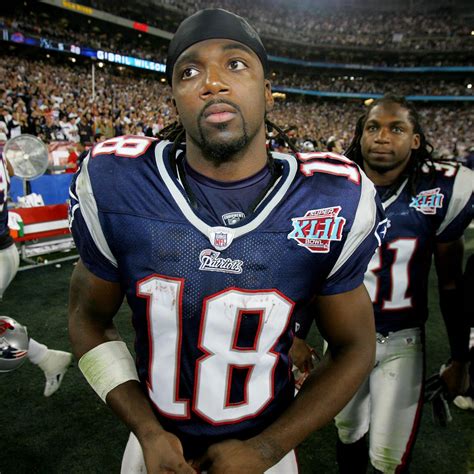A Quote by Shannon Sharpe
When someone keeps doing something, you say that that isn't him, he is just making some bad decisions. Sometimes those decisions reflect the person.
Related Quotes
Through the plan of prayer, God actually is inviting redeemed man into full partnership with Him; not in making the divine decisions, but in implementing those decisions in the affairs of humankind. Independently and of His own will, God makes the decisions governing the affairs of earth. The responsibility and authority for the enforcement and administration of those decisions, He has place upon the shoulders of the church.
I always hear people saying, "If I can just help one person, or if I can just stop one person from doing what I did." I don't think one person is enough. I feel you can help more than one person, help as many as you can. That's something that I would like to leave as my legacy: That I helped a lot of people and made some people make better decisions after looking at the decisions I've made in my life.
If you're stuck in a rut doing the same thing over and over again, what are you actually, really achieving? I'm someone who strives for success, for self-growth and new experiences, and to make a record that pushes me out of my comfort zone is something that's really exciting. It means you're making new decisions, you're making bold decisions, you're being scared, and you're getting through that - hopefully making something you're proud of, or being in a better position that makes you feel stronger as a human being.
Taking chances for the people you care most about is easy. It's hard to take chances that might mean making bad decisions. But when I have to take chances about people I love, relationships, my daughter and immediate family, those decisions are easy. I make them without even thinking about it, it is usually something that just has to be done. You don't question anything, you just go for it.
In their zeal for particular kinds of decisions to be made, those with the vision of the anointed seldom consider the nature of the: process: by which decisions are made. Often what they propose amounts to third-party decision making by people who pay no cost for being wrong-surely one of the least promising ways of reaching decisions satisfactory to those who must live with the consequences.






































